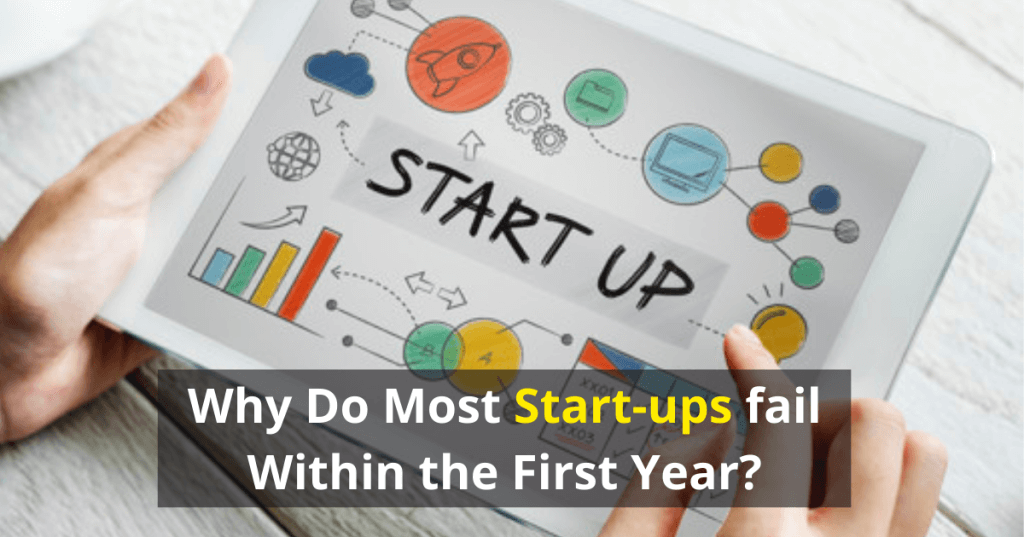Why Do Most Start-ups fail Within the First Year?
Why does the richest 1% in the world control half its wealth? The statistics according to a 2017 Credit Suisse wealth report states that in 2016 alone, the world added some 2.3 million-dollar millionaires. The report goes on to say that the global wealthy have seen a jump of 43% or roughly US$ 140 trillion in their wealth since the financial crisis of 2008.
Aside from the usual conspiracy theories, some of which may be true, the fact remains that nearly 3 billion adults are somewhere between oblivion and just making ends meet and the remaining are barely getting by.
Why is “wealth” concentrated in the hands of an infinitesimal number of people?
The late Steve Jobs, who is arguably one of the greatest minds in recent history, and who saw things “differently” celebrated the spirit of entrepreneurism through his belief that it is the misfits, rebels and the troublemakers in business who achieve “change.” It is this change that drives the human race forward. These “round pegs in square holes” might be vilified or glorified but they can’t be ignored.
Entrepreneurs are indeed a “different” breed of human beings. They see opportunity where others see risk; they push boundaries; they like to learn from their mistakes and evolve at a rapid pace and they face challenges head-on.
According to Ziad K Abdelnour, the fountainhead of Black Hawk Partners, Inc., explains in his book� “Start-Up Saboteurs: How Incompetence, Ego, and Small Thinking Prevent True Wealth Creation” that companies that have gone from being start-ups to becoming multimillion and billion-dollar organizations primarily because its founders were not as concerned about creating long term living as they were about creating multigenerational wealth. Many entrepreneurs face similar obstacles and that is the reason why the likes of Apple, Amazon, Microsoft and Facebook are where they are and whilst others in all likelihood will never achieve that level of success.
Verum, ego…
Ziad believes that becoming an entrepreneur is not for the fainthearted because of the odds of success are dismal, primarily because of “ego.” The ego of the founder or founders is the oft-repeated reason for most start-ups to fail within the first year itself. Ziad believes that in most situations, ego promotes rigidity when the need could be for agility.
However, Ziad goes on to clarify that having an ego is not a problem. Problems occur when a person’s sense of self-esteem or self-importance dominates their action. In his book, Start-Up Saboteurs, Ziad K Abdelnour, also highlights the benefits of ego as being a driving force for optimism, confidence and ambition. It allows the founder of a start-up to accept challenges, overcome fear and doubt when used correctly.
ABOUT ZIAD K. ABDELNOUR
Ziad K Abdelnour is a bestselling author and Founder, President & CEO of Blackhawk Partners, Inc. a private “family office” in the business of originating, structuring & acting as equity investor in strategic corporate investments and co-Founder of Aeros-Blackhawk Partners; a trading platform focusing on the financing of real estate and project finance properties throughout the US












